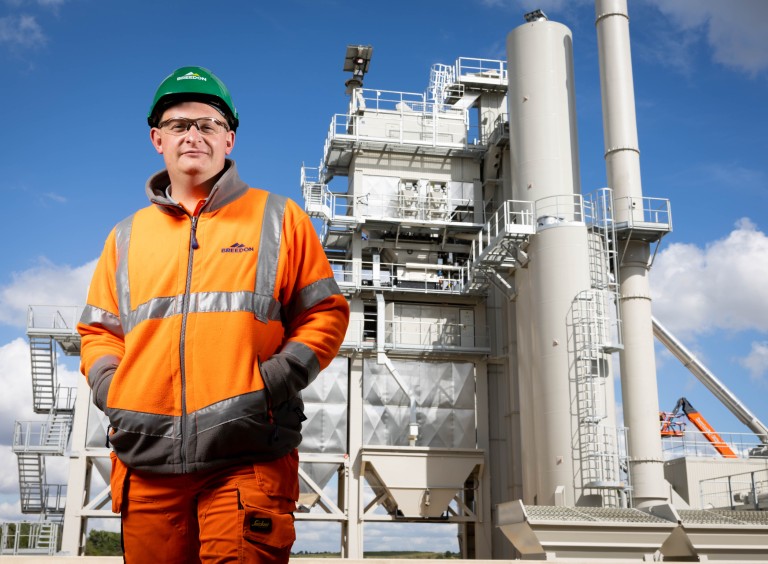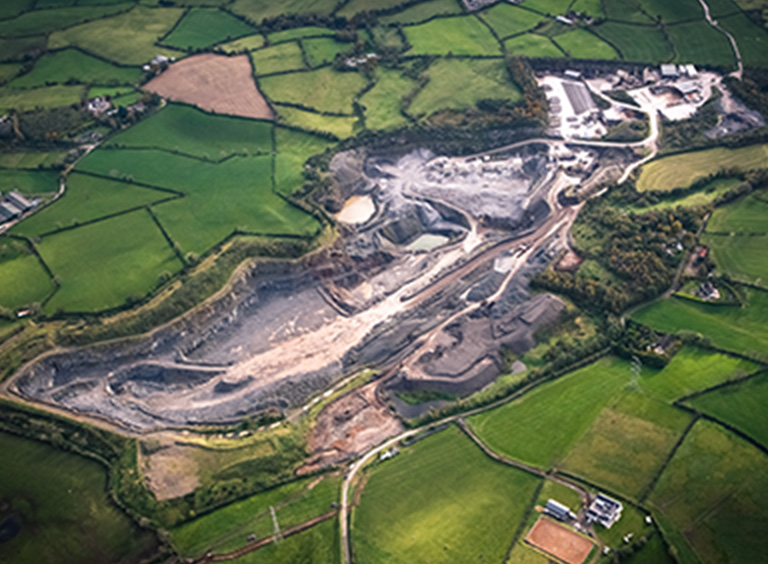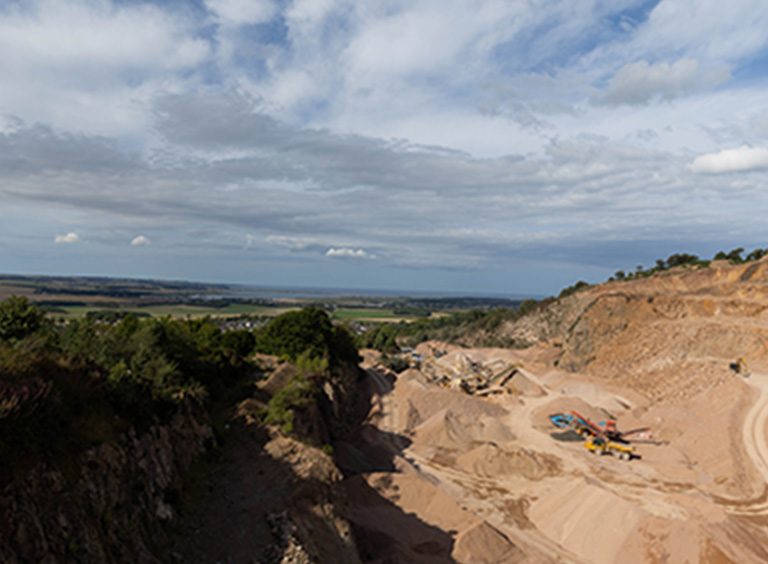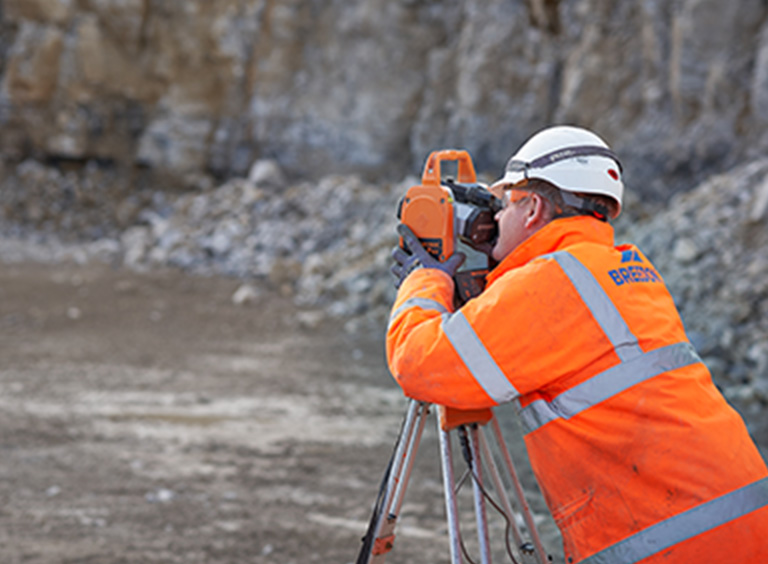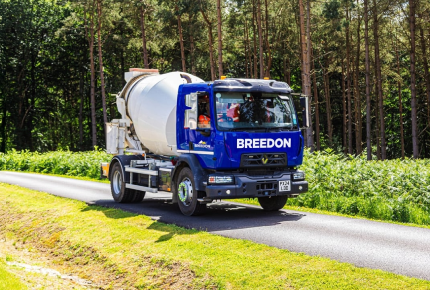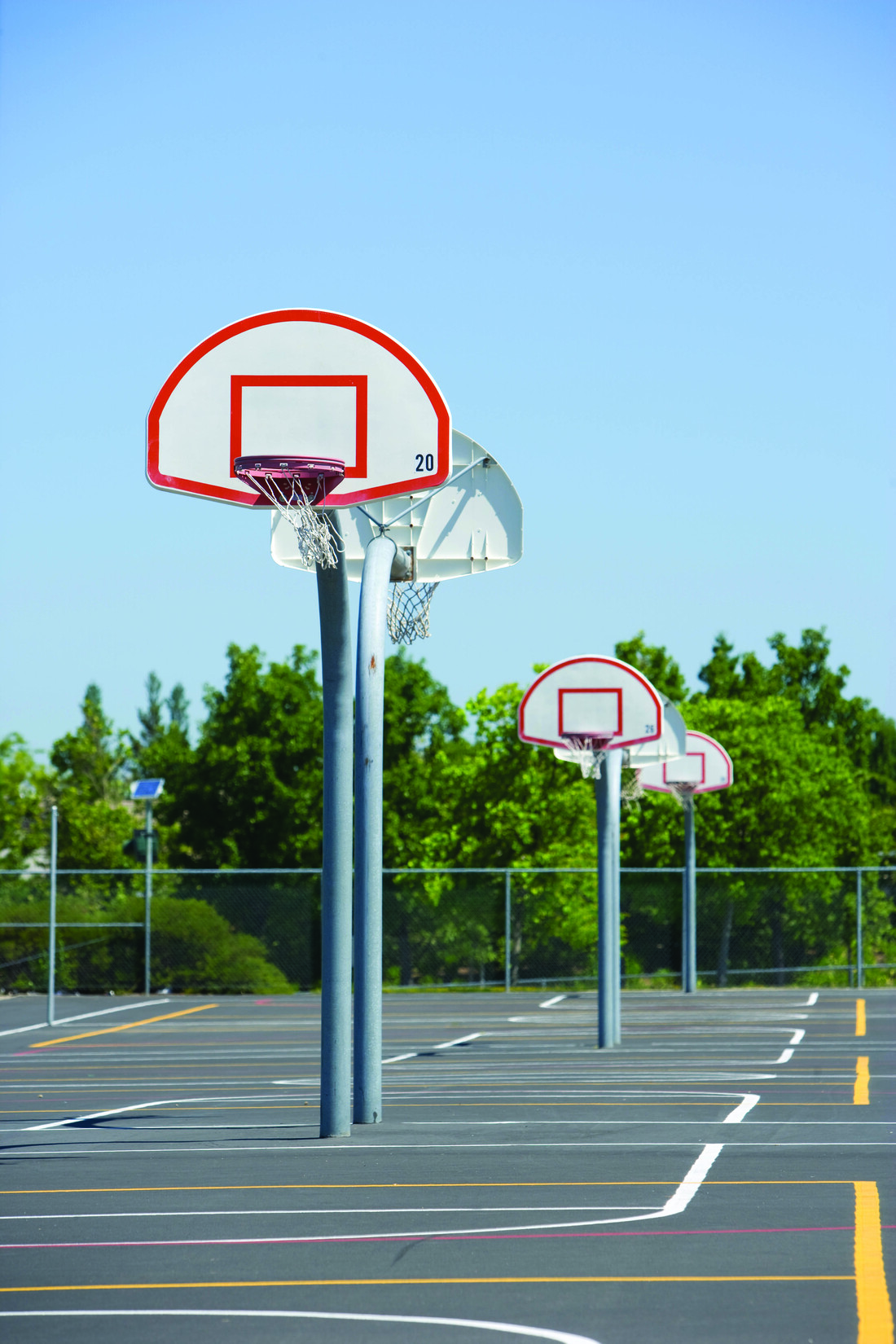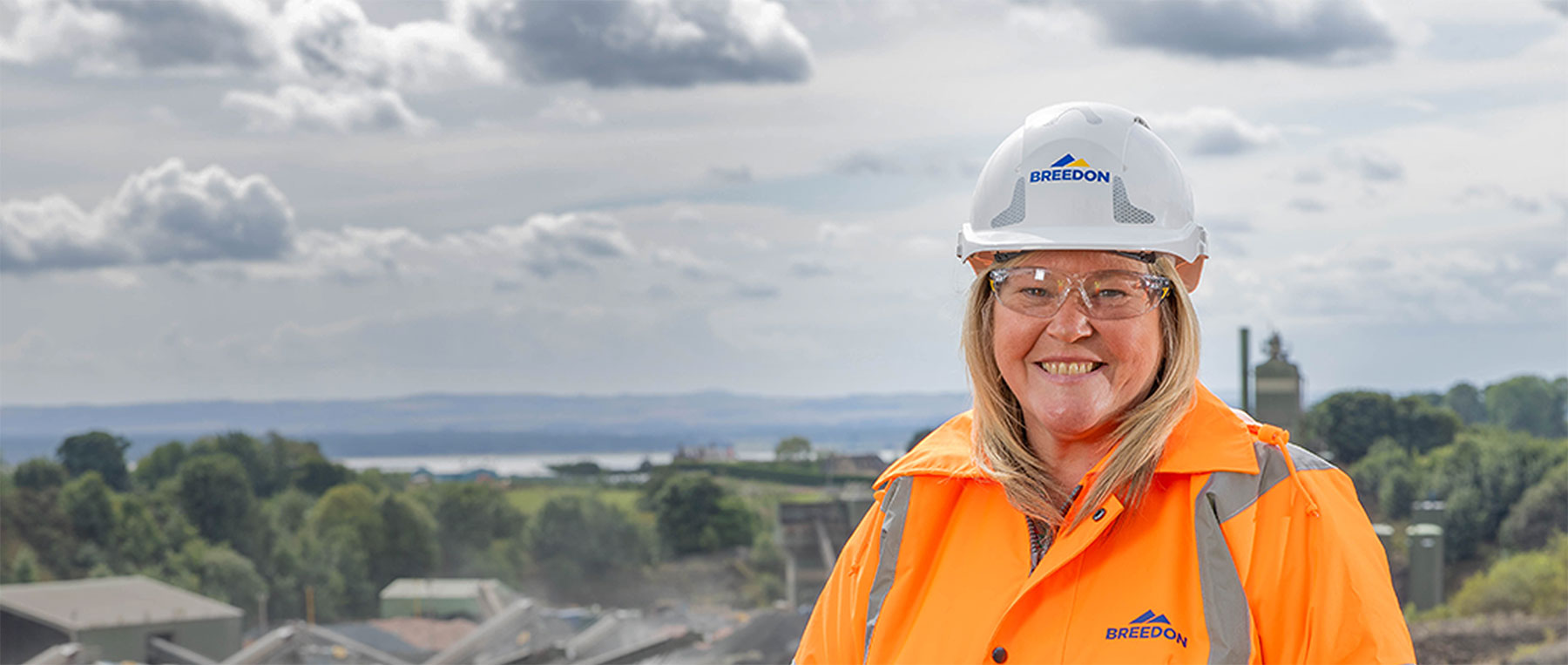Transport & delivery
Material can be delivered using the following vehicle types based on site access and delivery requirements
- 6-wheeler: Approximate capacity of 16 tonnes
- 8-wheeler: Approximate capacity of 20 tonnes
- Articulated lorry (Artic): Approximate capacity of 29 tonnes
Material can also be collected in smaller tonnages from some plants - please contact your local office for more information.
